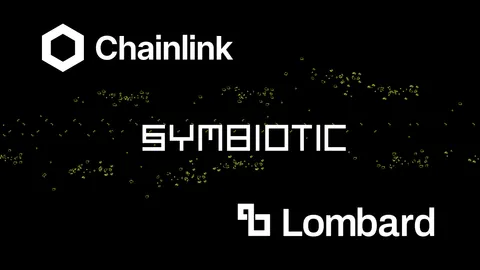We're excited to announce that Spark, the leading onchain capital accelerator with over $4B deployed across DeFi, has integrated Symbiotic to launch their native staking infrastructure. This integration demonstrates how protocols can easily deploy staking mechanics from day one without building custom validator infrastructure, a key example of universal staking in production.
Beyond Restaking
Spark's integration represents the next evolution of staking infrastructure. Rather than spending months developing custom systems or limiting themselves to existing restaking models, Spark deployed Symbiotic's modular framework to launch with:
- Production-grade staking mechanics at mainnet launch
- Access to established operator networks
- Flexible economic coordination that evolves with their protocol
- Infrastructure that scales from token staking to active validation
The Path Forward
While Spark's immediate implementation focuses on token coordination and airdrop mechanics, the integration establishes the foundation for more sophisticated security models. Spark is actively expanding SPK's role from token staking to securing essential protocol infrastructure using Symbiotic.
This progression showcases how protocols can launch with meaningful staking today while building toward complex security models as their technical requirements mature.
Integration Benefits
Spark's deployment highlights how Symbiotic enables protocols to integrate universal staking at any development stage:
- Immediate Deployment: Launch with sophisticated staking without infrastructure overhead
- Modular Architecture: Integrate staking components exactly where needed
- Evolutionary Security: Scale from token coordination to active network validation
Universal Staking at Scale
This integration reflects a broader shift in how protocols approach infrastructure. Instead of treating staking as a future technical challenge, protocols are integrating universal staking as core infrastructure for user engagement and economic coordination.
Spark joins protocols across 15 production networks leveraging Symbiotic's universal staking infrastructure, secured by over $1B in stake. As protocols increasingly require sophisticated participation mechanics, universal staking becomes essential for sustainable ecosystem growth.
The integration demonstrates that protocols no longer need to choose between rapid deployment and sophisticated staking infrastructure. Universal staking protocols enable both.
The Symbiotic SPK vault is available here.
If you are interested in learning more or collaborating with Symbiotic, reach out to us here.



















